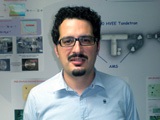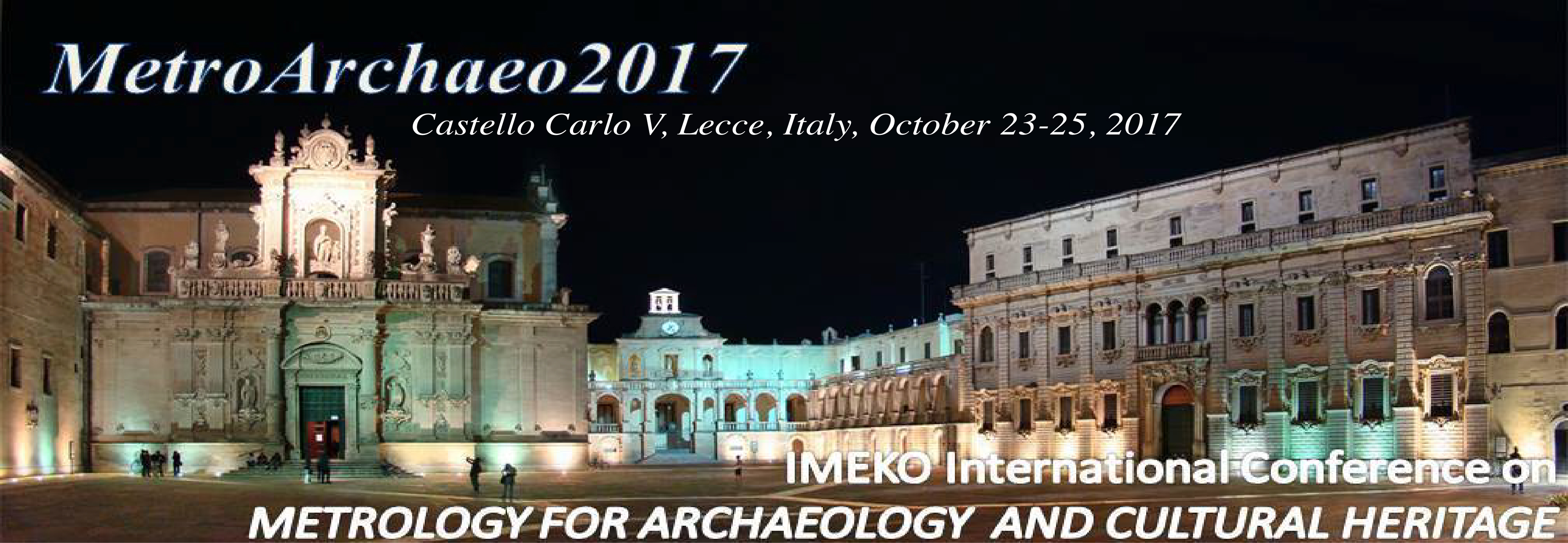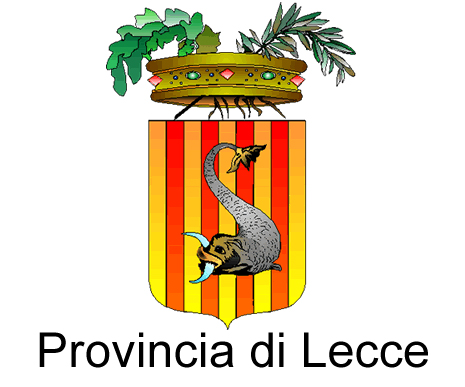Radiocarbon dating: instrumental developments, new approaches and applications
ORGANIZERS
 Gianluca Quarta
Gianluca Quarta
CEDAD (Centre for Dating and Diagnostics), Department of Mathematics and Physics “Ennio de Giorgi”, University of Salento Lecce
email: Questo indirizzo email è protetto dagli spambots. È necessario abilitare JavaScript per vederlo.
Gianluca Quarta is Associate Professor of Applied Physics at the University of Salento, Department of Mathematics and Physics "Ennio de Giorgi". At the University of Salento he is or has been in charge for different courses such as "General Physics", "Applied Physics", "Dating Methods", "Applied Optics", "Microclimate for cultural heritage", "Physics applied to cultural heritage". He is also President of the second level, master academic course in "Diagnostics for Cultural Heritage". His main research interests concern the development and application of accelerator-based analytical techniques in different research fields such as cultural heritage diagnostics, archaeological, Earth, environmental and forensics sciences. At CEDAD (Centre for Dating and Diagnostics), Gianluca Quarta is responsible, since the set-up of the facility, for the operation of the Tandetron accelerator and for the experiments concerning radiocarbon dating and IBA analyses. He is author or co-author of more than 100 peer-reviewed scientific papers and has given invited lectures in Italy, Cyprus, USA, Spain, Australia. He is or has been also member of the scientific committee of different International Conferences such as AMS (Accelerator Mass Spectrometry) International Conference, Radiocarbon, Metrology for Archaeology Conference, ECAART (European Conference on the Accelerators in Applied Research and Technology), International Radiocarbon in the Environment Conference.
Abstract
AMS (Accelerator Mass Spectrometry) radiocarbon dating is a nowadays a mature technique which is well established and used as a routine diagnostic tool in different fields of Archaeological research and cultural heritage studies.
In this session, contributions are welcome about instrumental developments (from ion sources, accelerator technology to detection systems) in radiocarbon dating by AMS (Accelerator Mass Spectrometry), new application fields and advanced approaches for calibration, data analysis and interpretation, including Bayesian statistics.
The use of new protocols for sample chemical processing are also discussed together with the implementation of novel methods for the assessment of the quality of the samples submitted to radiocarbon dating.
Papers discussing the importance of integrated approaches involving different analytical methods, complementing the chronological information obtained by 14C dating, are also welcome such as isotopic methods for paleo dietary and past-climate reconstructions.
























